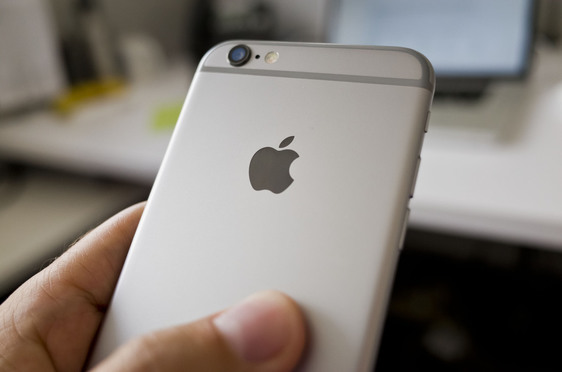An order requiring Apple Inc. to produce a hackable version of their smart phone operating system evinces a lack of understanding of technology and raises serious constitutional concerns.
When one considers the digital footprints that we each create in the course of our daily lives, there may be some merit to the notion that privacy is dead. These “footprints” include our activities on the Internet, which are susceptible to being tracked by gathering data from service providers, the websites we visit and the web-based services we use.
This content has been archived. It is available through our partners, LexisNexis® and Bloomberg Law.
To view this content, please continue to their sites.
Not a Lexis Subscriber?
Subscribe Now
Not a Bloomberg Law Subscriber?
Subscribe Now
LexisNexis® and Bloomberg Law are third party online distributors of the broad collection of current and archived versions of ALM's legal news publications. LexisNexis® and Bloomberg Law customers are able to access and use ALM's content, including content from the National Law Journal, The American Lawyer, Legaltech News, The New York Law Journal, and Corporate Counsel, as well as other sources of legal information.
For questions call 1-877-256-2472 or contact us at [email protected]



